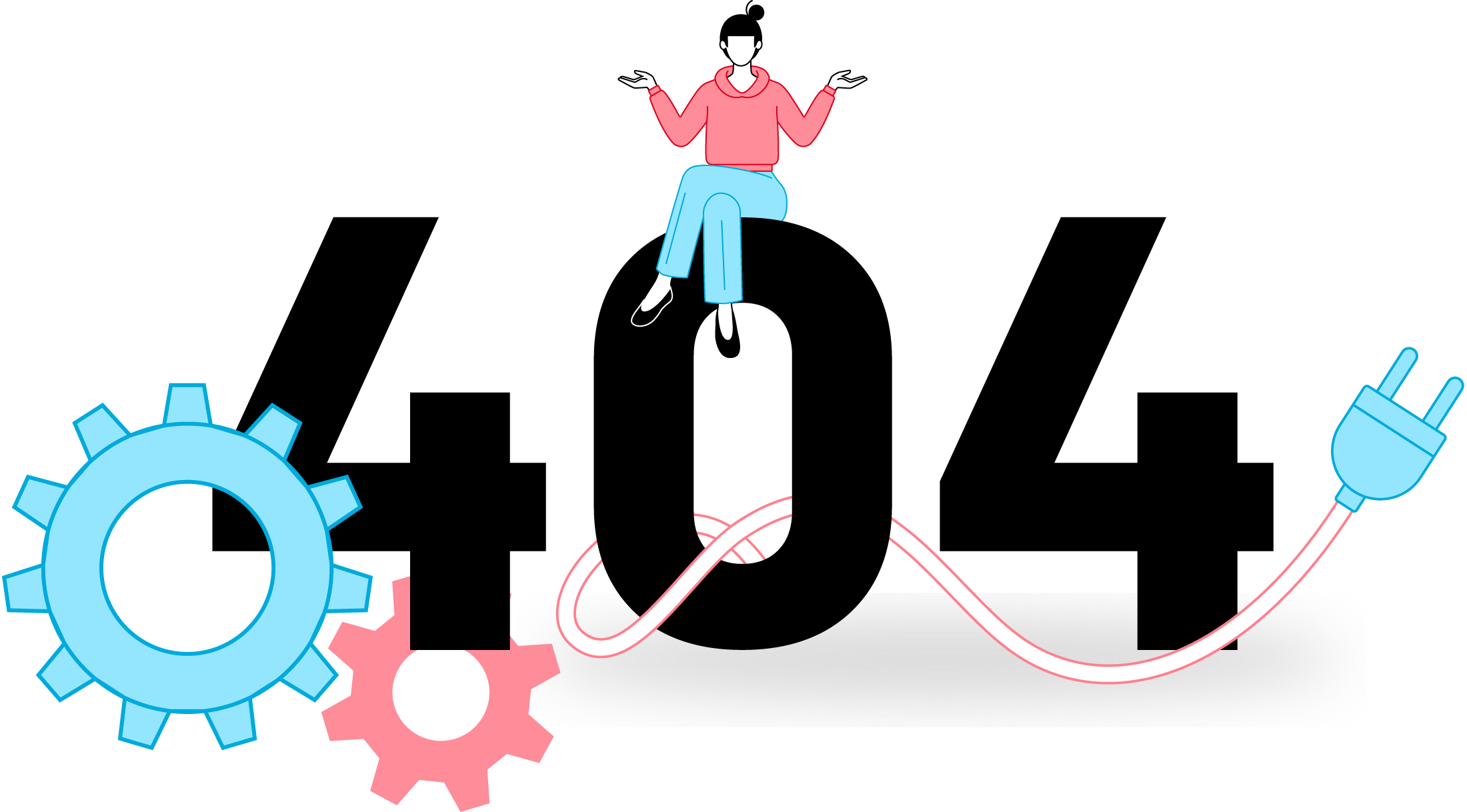
This page could not be found.
We are sorry, the page you requested does not exist or has been moved. What you can do:
- Explore our study Programmes and doctoral education.
- Learn more about our research areas and publications.
- Find a specific content or member of the staff with the internal search engine.
- View our open positions.
- Or…